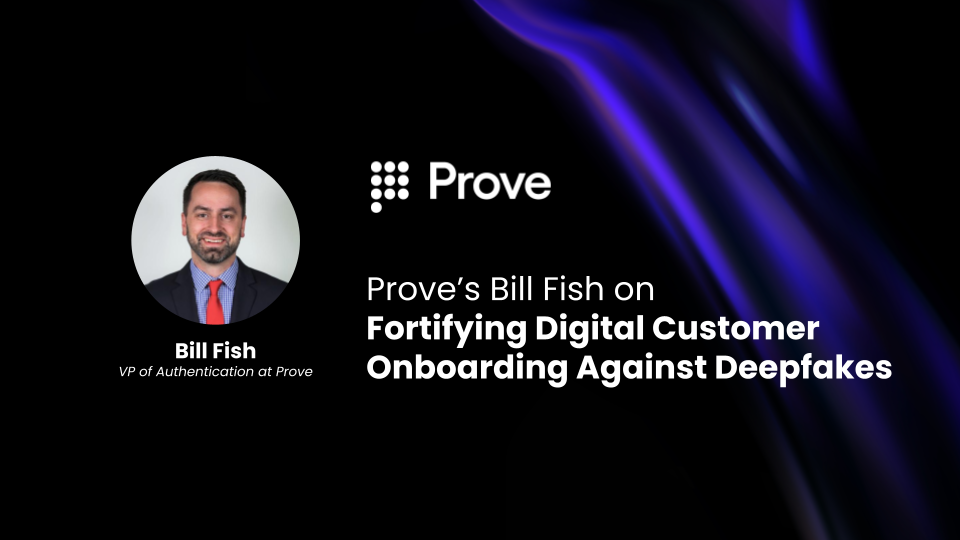Success in FinTech is often comparable to a hike without a backpack in a company of experienced hikers who carry large sacks with water and snacks and are willing to share when necessary. In the case of FinTech, experienced companions are the bank investors.
“Traditional financial institutions have been in this game for a while and operate in a vast and complex ecosystem, which now serves as a foundation for FinTech growth and development. Some estimates suggest that three of the largest FinTech investors are international financial institutions” – Citi Ventures by Citi, followed by Goldman Sachs, and JPMorgan.
Aside from the largest investors, a range of financial institutions has been actively supporting financial technology startups in one way or another – through substantial money injections, accelerators/incubators, challenges, etc. And although no money can guarantee success, as the saying by Tim O'Reilly goes, “Money is like gasoline during a road trip. You don't want to run out of gas on your trip, but you're not doing a tour of gas stations.”
So, aside from powerful supporters, what made FinTech successful and disruptive? A part of the answer was probably given recently by the UK government, where one of the most forward-thinking authorities lists certain characteristics of FinTech startups serving a catalytic role in its international success.
Customer-centric
The financial industry is not traditionally associated with values such as user experience, transparency, and innovation. The apps built by FinTech startups, on the contrary, are often state-of-art when it comes to user experience, simplicity, convenience, and ease-to-use.
Partially because of the legacy systems and only minor attention to design & UI/UX amongst developer teams, banking apps have always been stuck in layers of text over text, complex transitions, and other repelling features. While banking apps are loaded with features – half of which are hard to discover – FinTech apps are needs-focused, as the UK government puts it. They provide a high degree of engagement and are tailored to solve a particular problem in the most convenient way.
Simple & Scalable
Being customer-centric means being simple and purposeful, which is why FinTech startups often have very simple, sharp, and direct customer propositions. The most successful solutions are always clear and highly transparent in their business models.
Simplicity powered by advanced technology and the advantages of the digital era allows those startups to build scalable solutions from the very beginning and expand with relatively low capital requirements. Scalability is built into the business model by leveraging partnerships, distribution, and simplicity.
Legacy-free
While an experiential legacy is a strength for banks, legacy IT is often dragging down the opportunities. FinTech startups are free from any legacy, hence, liberated to ‘act outside the box.’ Just like with customer-facing solutions, their systems are built for a particular purpose and designed around digital channels and fulfillment. Legacy-free startups travel light and can freely pivot solutions and infrastructure in a short time and with minimum expenses to build the best product.
Asset light
Given the absence of legacy, startups are often light on assets. To be fair, assets are of support and can serve as a safety net when things go wrong, but assets require maintenance and service. Being asset-light gives startups significant operating leverage and increases efficiency. Young startups often outsource the whole department and don't feel the sting of not having them because of RegTech and LawTech, not speaking of painless accounting software.
Compliance light
Speaking of RegTech, it has been a significant breakthrough for the financial services industry overall. Even though startups usually find their way around in business registration to cut corners, for financial technology startups, regulatory rules often apply or begin to apply once they decide to get licensed.
In the beginning, however, to launch and grow within a highly complex regulatory environment, startups employ simple and unbundled models that are often designed to avoid the need for authorization.
Innovative [in new ways]
Not only are FinTech startups innovative because they use technologies of the future, but they also innovate across the spectrum – new business models, products and services, and delivery models. In the light of the latest events in the FinTech unicorns club, there have been doubts over business models. Nonetheless, we cannot deny that FinTech introduces and facilitates the growth of attention to mobile-centric solutions, alternative data sources, and its application & more.
To learn about Prove’s identity solutions and how to accelerate revenue while mitigating fraud, schedule a demo today.

Keep reading

Prove’s solutions can help businesses make their online customer experiences faster, easier and more secure.

While the rise of deepfake technology is not totally new, its level of sophistication presents new challenges for businesses seeking to deliver frictionless digital onboarding experiences to their customers.

Prove and BetMGM, the sports betting and iGaming leader, have entered into a partnership which will elevate the security standards and user experience for BetMGM customers through the Prove Pre-Fill® identity solution.














